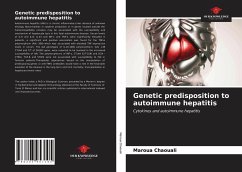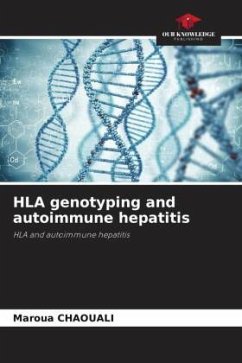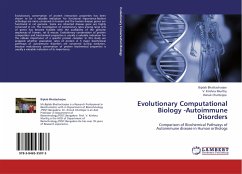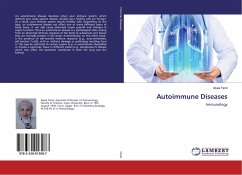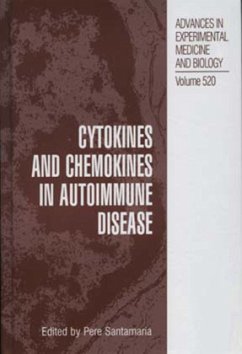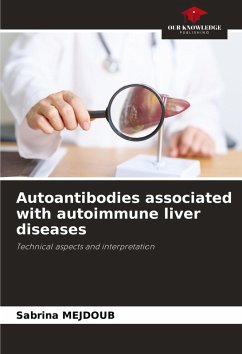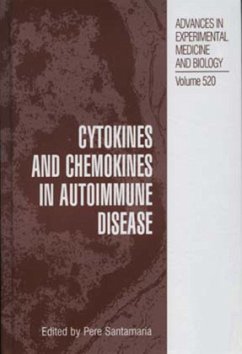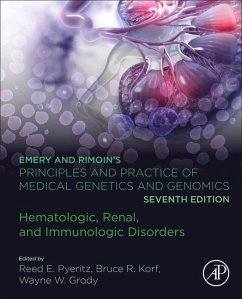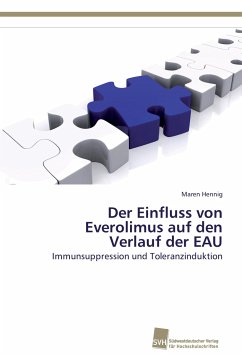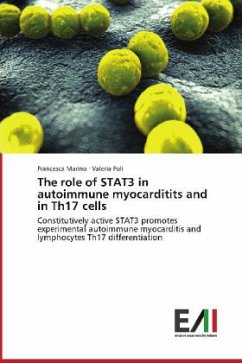
The role of STAT3 in autoimmune myocarditits and in Th17 cells
Constitutively active STAT3 promotes experimental autoimmune myocarditis and lymphocytes Th17 differentiation
Versandkostenfrei!
Versandfertig in 6-10 Tagen
24,99 €
inkl. MwSt.

PAYBACK Punkte
12 °P sammeln!
Th17 cells specially produce IL-17, a potent pro-inflammatory cytokine and are thought to be involved in the pathogenesis of several autoimmune diseases. Indeed, IL-17 levels are increased in both human and mouse autoimmune diseases like multiple sclerosis, rheumatoid arthritis, systemic lupus erythematosis and psoriasis. STAT3 activation has been observed in several autoimmune diseases, suggesting that STAT3-mediated pathways promote pathological immune responses and autoimmunity.Our results, suggesting that STAT3 has a pathological role in autoimmune myocarditis at least partly via stimulati...
Th17 cells specially produce IL-17, a potent pro-inflammatory cytokine and are thought to be involved in the pathogenesis of several autoimmune diseases. Indeed, IL-17 levels are increased in both human and mouse autoimmune diseases like multiple sclerosis, rheumatoid arthritis, systemic lupus erythematosis and psoriasis. STAT3 activation has been observed in several autoimmune diseases, suggesting that STAT3-mediated pathways promote pathological immune responses and autoimmunity.Our results, suggesting that STAT3 has a pathological role in autoimmune myocarditis at least partly via stimulation of CD4+ T cells activity and of Th17 differentiation. Since Stat3 activation has been observed in several autoimmune diseases, its role might be more studied to investigate it as a candidate therapeutic target for Th17-dependent autoimmune disease to selectively inhibit pathogenic immune pathways and modulate inflammatory diseases.



